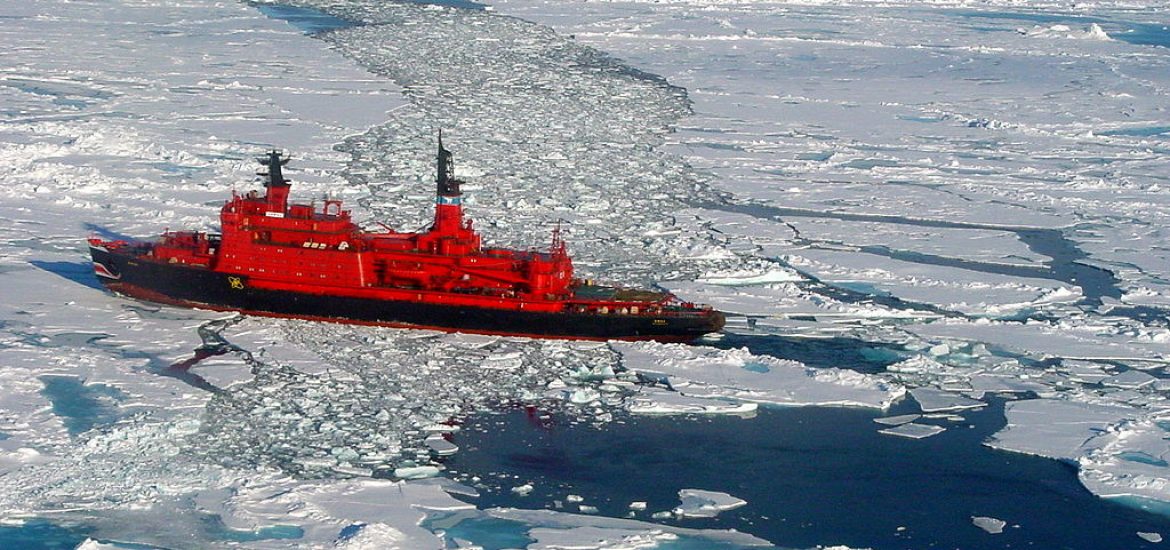
European oil giants, including Royal Dutch Shell and OMV, have signed cooperation deals with Russian energy companies during the St Petersburg International Economic Forum, despite risks of potential new western sanctions.
Since the 2014 invasion of Ukraine and the subsequent sanctions, Russian oil firms have operated with limited access to western financing and limits on production technology.
Multinational oil firms have wound down cooperation that could be in breach of sanctions but work on conventional hydrocarbons projects continues to grow. Deals signed this week included Shell, Gazprom Neft, the oil arm of the state-run gas giant, and Spain’s Repsol agreeing to jointly develop fossil-fuel projects in the melting Russian Arctic.
Shell and Gazprom Neft agreed to create a joint venture to explore and develop oil fields in Russia’s Yamal peninsula.
They agreed to create a 50/50 joint venture that would be managed on an equal basis by the partners in a now rare move by an international oil major into Russia’s oil sector.
The joint venture deal is expected to be finalised later this year or in early 2020, pending corporate and regulatory approval and legal preconditions, Gazprom Neft said.
“As part of this new agreement, we will be able to reveal the full potential of what is a major hydrocarbon cluster in Yamal, viably and efficiently. We will be investigating further opportunities for implementing projects with Shell in the future, including projects outside of Russia,” said Alexander Dyukov, chairman of Gazprom Neft.
Shell and Gazprom Neft to set up a West Siberian oil joint venture to develop fields with combined estimated reserves of more than 8 billion barrels.
Other deals include OMV deal to purchase terms for a stake in a gas project in northern Russia, as well as a preliminary LNG agreement with Gazprom.
Gazprom Neft chief executive Alexander Dyukov said the company may work with Shell on overseas projects.
Total and Siemens have signed up to an LNG project in Vietnam with Russia’s Novatek and Zarubezhneft.
The bosses of ExxonMobil and BP also took part in the St Petersburg event, meeting Russian officials and discussing cooperation with existing partners.
Observers believe the agreements suggest the chances of deeper sanctions have reduced.
“Targeted US sanctions against Russia remain possible, from issues ranging from Sergei Skripal [the former Russian spy who survived an attempted assassination in Salisbury last year] to Ukraine, to US election interference. However, the lack of major new revelations regarding Russia in the Muller report reduces the odds of major sectoral sanctions targeting Russia’s upstream energy production,” Platts analyst Paul Sheldon said.
“Secondary sanctions related to Russian dealings with [Venezuelan state-owned oil and natural gas company] PDVSA or Iran, if announced or implemented, would be unlikely to target Russian upstream oil production at this point,” Sheldon said.
The exploitation of Russia’s melting Arctic continues. Picture credit: YouTube





